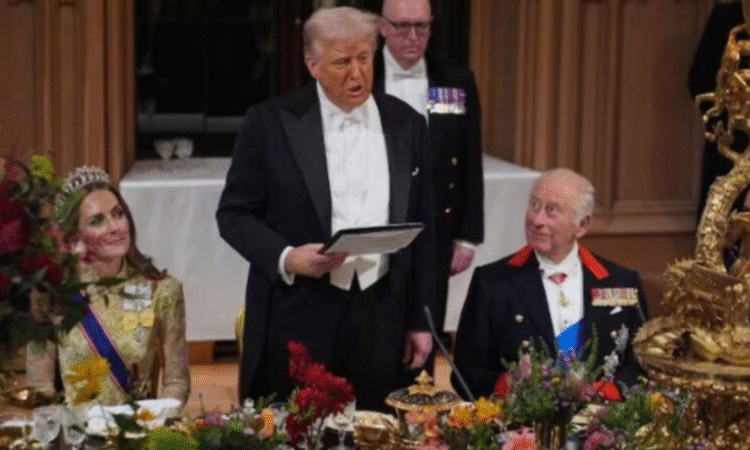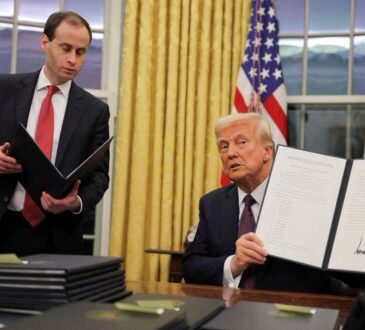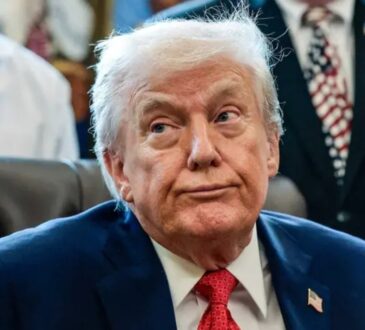
Donald Trump has been a public figure for decades, long before he stepped into politics and became President of the United States. But even after so many years in the spotlight, he still either hasn’t learned how to handle himself properly in front of the media or simply doesn’t care about how his words come across.
He is known for making random, unverified statements when speaking to the press, often starting with phrases like, “I’m told I’m the first” or “Somebody told me.” Over time, people have almost gotten used to it. His remarks are rarely challenged in the moment, even when they are misleading or outright wrong.
This pattern showed itself once again during his second official visit to the United Kingdom, when he gave a speech at Windsor Castle. The moment should have been one of honor and respect, as he stood before King Charles III and other distinguished guests. But instead, his speech drew attention for the wrong reasons—it was filled with factual mistakes and confusing remarks.
At one point, Trump claimed that he was the first American president ever to visit Windsor Castle. He even added, “This is the second state visit, and this is the first… maybe the last.” The statement made little sense, leaving listeners puzzled. The truth is, Windsor Castle has hosted multiple U.S. presidents over the years. Ronald Reagan, George W. Bush, Barack Obama, Joe Biden, and even Trump himself back in 2018 have all been welcomed there.
Guests in attendance reportedly gave polite chuckles when he made these remarks, but many noticed how tangled and contradictory his words became. His talk of “first,” “second,” and “maybe last” left people confused and questioning whether he even remembered his own previous visit.
Of course, the speech didn’t stay private. Clips quickly spread across social media, where users mocked his claims, made memes, and even joked about him inventing “quantum state visits.” Others questioned whether his age and memory issues were beginning to interfere with his ability to serve as a leader.
These kinds of mistakes matter. State visits aren’t just about formal dinners and ceremonies—they carry huge symbolic weight. They are about showing respect to the host country, following traditions, and presenting oneself as a credible and capable leader. Instead of doing that, Trump’s off-the-cuff remarks and factual errors gave the impression of carelessness.
And this isn’t the first time. Throughout his career, Trump has broken protocol, scolded journalists for asking tough questions, and insulted those who disagree with him. To his devoted supporters, these things might not matter, but to everyone else, they only reinforce doubts about his ability to represent the country responsibly.
The Windsor Castle speech will not be remembered for diplomacy or meaningful policy. Instead, it will be remembered as another moment where his words were rambling, inaccurate, and embarrassing on an international stage. While polite laughter might soften the awkwardness inside the banquet hall, the public record—and the internet—never forget.
In today’s world, where every political misstep is recorded, replayed, and judged instantly, every word counts. Trump’s Windsor Castle moment stands as a reminder of how much damage a careless speech can do to a leader’s credibility.




